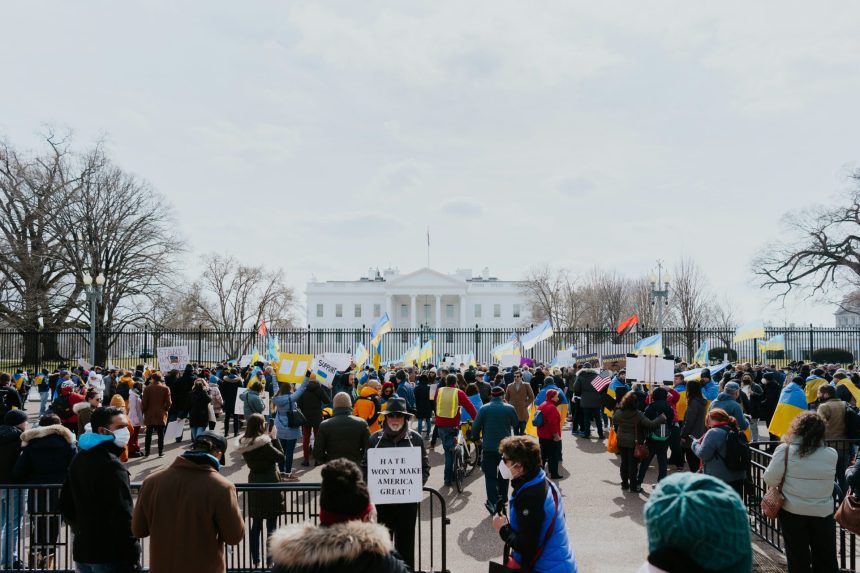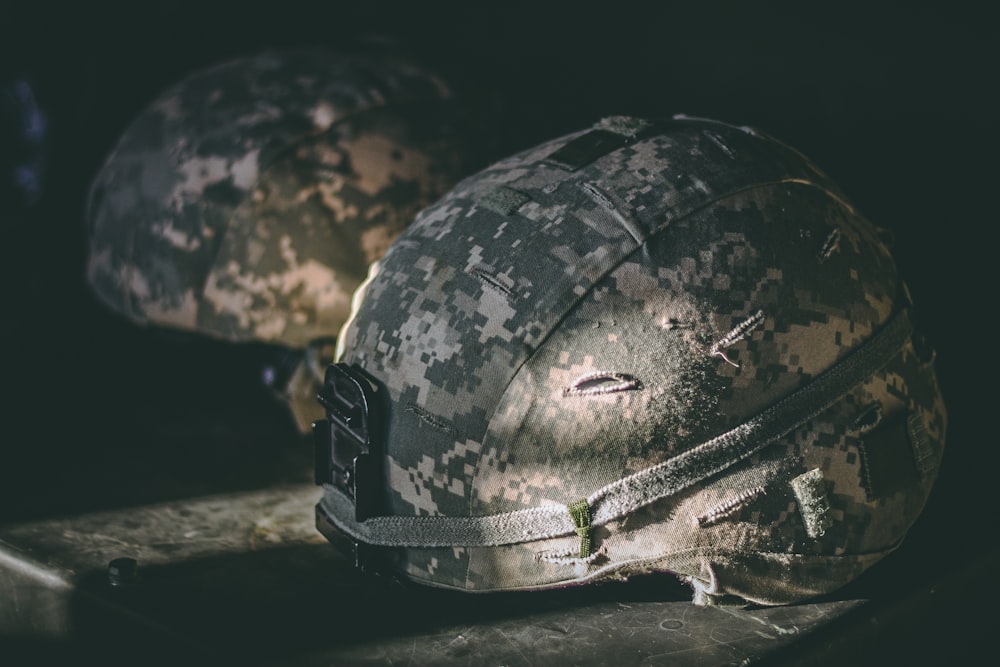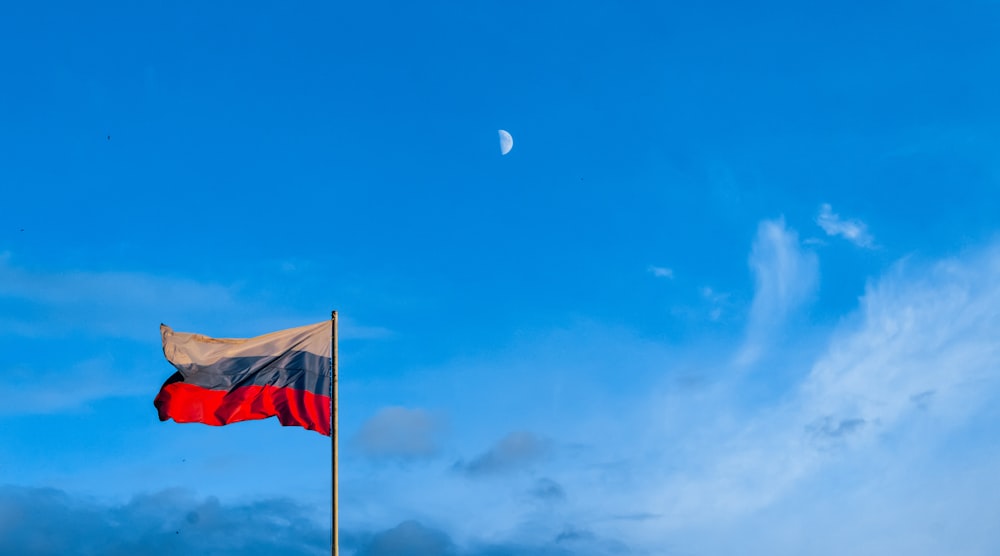The question “Will Ukraine win the war?” has been at the forefront of global discussions as the conflict with Russia continues to escalate. According to military analysts, a victory for Ukraine is plausible, but it requires a strategic blend of defensive and offensive moves, sustained support from the West, and a substantial enhancement of Ukraine’s military capabilities.
Ukraine’s Military Strategy: Hold, Build, Strike
According to Michael Kofman, a senior fellow at the Carnegie Endowment for International Peace, Ukraine can win the war by adopting a strategy he describes as “hold, build, strike”. This approach entails Ukraine digging in to hold off Russian forces, rebuilding its military prowess, and striking strategic Russian weak points.
The ‘Hold’ Phase
In the ‘hold’ phase, Ukraine needs to establish strong defensive lines to exhaust Russian forces. If Ukraine manages to consistently hold its own against Russia, it can weaken the latter’s position and allow attrition to wear down Russian forces.
The ‘Build’ Phase
While holding the line, Ukraine must focus on building back its military through training, expansion of the country’s defense industry, and leveraging support from its Western partners. Boosting domestic production of arms and ammunition is crucial, although progress has been slow.
The ‘Strike’ Phase
The ‘strike’ phase involves targeting Russian weak spots to degrade its capabilities and create opportunities for Ukrainian offensive operations. Therefore, Ukraine needs to hit Russia where it hurts most, disrupting its ability to maintain an aggressive stance.
The Importance of Western Support
Western support is crucial for Ukraine’s wartime success. It encompasses political backing and significant military assistance, including weapons, ammunition, and other vital resources. The United States, among other Western nations, has been instrumental in providing this kind of aid. This support not only bolsters Ukraine’s military capabilities but also sends a strong signal of international solidarity against aggression. Continued and enhanced Western support could prove decisive in determining the outcome of the conflict, reinforcing Ukraine’s defense efforts and its stance on the international stage.
The Role of Defense
Emma Ashford from the Henry L. Stimson Center highlights the critical role of a strong defense for Ukraine. She posits that while regaining all lost territories might not be feasible, Ukraine can still thwart further Russian advances with a solid defense. This approach is key to maintaining Ukraine’s sovereignty and deterring additional aggressions, ensuring that Ukraine remains resilient against expanding threats. A robust defense strategy is essential for Ukraine’s stability and future security prospects.
The Power of Negotiations
Daniel Davis from Defense Priorities emphasizes the importance of diplomatic efforts in resolving the conflict between Ukraine and Russia. He suggests that Ukraine should engage in negotiations with Russia to halt further hostilities. Through diplomacy, Ukraine could secure the necessary time to reinforce its national security and rebuild its industrial capabilities, thus ensuring a more stable and secure environment for its future development.
The Russian Challenge
Russia’s military capabilities pose a significant challenge in the conflict, with its comprehensive resources and strategic operations. The nation has managed to secure air superiority and leverage its artillery strength, putting immense pressure on Ukrainian defenses. This strategic advantage has complicated the situation, presenting ongoing challenges for Ukraine in terms of defense and counter-strategy.
The Ukrainian Response
Ukraine has displayed significant resilience and resourcefulness in responding to Russian military actions. The use of drones to target the Russian fleet in the Black Sea exemplifies Ukraine’s innovative approach to defense and retaliation. Additionally, the steadfastness of the Ukrainian army, which continues to hold off Russian advances on multiple fronts, reflects the nation’s unwavering commitment to its sovereignty and territorial integrity. This robust response underscores Ukraine’s determination to overcome the challenges posed by the Russian offensive.
The Future of the War
The trajectory of the war remains uncertain, hinging on Ukraine and Russia’s actions and Western support levels. Ukraine’s defense strategies, military enhancement, and ability to strategically counterattack will be crucial in shaping the conflict’s outcome. The evolving dynamics of international alliances and support will also significantly influence the future course of this war.
International Diplomacy and Sanctions: Impact on the Ukraine Conflict
The role of international diplomacy and sanctions has been pivotal in shaping the Ukraine conflict. Economic sanctions imposed by Western nations on Russia aim to weaken its economy and deter military aggression. These measures, including restrictions on financial transactions and exports, impact Russia’s ability to sustain its military efforts. Conversely, diplomatic support for Ukraine, through United Nations resolutions and bilateral agreements, bolsters its international standing and morale. The effectiveness of these sanctions and the global diplomatic stance will significantly influence the war’s trajectory and Ukraine’s resilience.
Economic Impact on Both Nations
The economic repercussions of the war extend deeply into both Ukrainian and Russian territories. For Ukraine, the conflict has resulted in significant infrastructural damage, disrupting industry and agriculture, which are pivotal to its economy. Conversely, Russia faces international sanctions that strain its economy, particularly targeting its energy sector, which is crucial for its revenue. The economic stability of both nations influences their military spending and capabilities, affecting the war’s sustainability and the broader regional economy.
Public Opinion and Morale
Public opinion and morale significantly influence the ongoing conflict between Ukraine and Russia. In Ukraine, national unity and resilience have been bolstered by a strong sense of patriotism and resistance against the invasion. Conversely, in Russia, public opinion is more divided due to government propaganda and censorship. The morale of citizens and soldiers in both countries underpins their respective military efforts and can greatly impact the duration and intensity of the conflict.
Technological Warfare and Cybersecurity
The Ukraine conflict underscores the role of technological warfare and cybersecurity. Both nations employ cyber attacks targeting critical infrastructure and government systems, reflecting modern warfare’s digital dimension. Ukraine’s resilience against cyber threats, bolstered by international support, highlights the importance of cybersecurity measures. This digital battleground presents new challenges and necessitates advanced defenses, influencing the war’s dynamics and the security strategies of nations worldwide.
Humanitarian Consequences
The war in Ukraine has led to severe humanitarian consequences, impacting millions. The destruction of homes, infrastructure, and healthcare facilities has resulted in widespread displacement, with millions of Ukrainians becoming refugees or internally displaced. Access to basic necessities like food, water, and medical care is critically limited in conflict zones. The international community’s response, including humanitarian aid and refugee support, is crucial in addressing the immediate needs of affected populations and mitigating long-term impacts on human well-being and regional stability.
Role of Media and Information Warfare
The conflict between Ukraine and Russia has been marked by an intense information war. Both nations use media to shape public perception and international opinion. Ukraine leverages global media to garner support and highlight Russian aggression. Conversely, Russia employs state-controlled media and misinformation campaigns to justify its actions and demoralize Ukrainian resistance. This battle of narratives is crucial, as it influences international support, affects morale, and shapes the global understanding of the war’s causes and consequences.
Historical Context and Geopolitical Implications
The historical tensions between Ukraine and Russia, dating back centuries, add complexity to the current conflict. Ukraine’s strategic location and its aspirations for closer ties with the West have heightened geopolitical stakes, drawing attention from global powers. The war not only affects regional security but also has broader implications for international law, NATO’s eastern expansion, and global energy markets. Understanding this historical backdrop is crucial for comprehending the motivations behind the conflict and its wide-reaching effects on global diplomacy and security architecture.
The Potential for Victory
Experts are divided on Ukraine’s chances of a military victory. However, some believe that Ukraine can secure a favorable position for peace negotiations with Russia by gaining strategic leverage. The aim, according to Michael Kofman, may not be the full recovery of lost territories but rather achieving sufficient bargaining power to discuss the terms of war cessation with Russia from a position of strength.
Conclusion
As the war between Ukraine and Russia continues, the question of Ukraine’s victory remains complex and multifaceted. The outcome hinges on a blend of military strategies, international support, diplomatic negotiations, and the resilience of the Ukrainian people. Despite the challenges, Ukraine’s steadfast defense and the global community’s backing provide a glimmer of hope. The path to peace and victory is fraught with uncertainties, but the determination of the Ukrainian spirit and the support of allies may pave the way for a resolution.
More to Explore
- Ukraine’s Military Strategy
- The Importance of Western Support
- The Power of Negotiations
- The Russian Challenge
- The Ukrainian Response
- The Future of the War
Frequently Asked Questions
How many Ukrainians have died in the war?
As of early 2023, over 10,065 Ukrainian civilians have been confirmed killed since the invasion began.
Why are Russia and Ukraine fighting?
The conflict roots in historical, political, and regional disputes, including NATO expansion and Russia’s claims over Ukrainian territory.
Is Ukraine running out of manpower?
Current detailed information on Ukraine’s manpower situation is not publicly available due to the ongoing conflict.
Is Ukraine a NATO ally?
Ukraine is not a NATO member but has been seeking closer ties with the alliance.
How much territory has Ukraine lost?
Ukraine has lost significant territory since 2014, with additional areas occupied since the 2022 invasion.
Why did Russia sell Alaska?
Russia sold Alaska to the United States in 1867 due to economic difficulties and fear of losing it in battle without compensation.
How many soldiers does Ukraine have left?
Specific numbers on remaining forces are not disclosed for security reasons.
How many soldiers has Russia lost?
Exact Russian military casualties are unclear, with varying reports from different sources.
How long can Russia sustain war?
The sustainability of the war for Russia depends on various factors, including economic sanctions, military supplies, and internal factors.
Featured Image Credit: Photo by Yohan Marion; Unsplash – Thank you!










